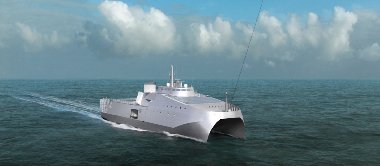BULUT, Mme Dondu-Busra (2024) Semi-Blid Deconvolution with Self-Supervised Learning for Fluorescence Microscopy PFE - Projet de fin d'études, ENSTA.
Fichier(s) associé(s) à ce document :
| PDF 6Mb |
Résumé
In microscopy, the measured image can be modeled as a convolution between an image of interest and a low-pass filter, namely a point-spread-function (PSF). The image quality is mostly determined by two inherent factors in any acquisition system: detector noise and light diffraction, both contribute to the blurring and loss of details. Nevertheless, by leveraging knowledge of the PSF, it is possible to restore image details, enhance contrast, and reduce noise. With the recent advancements in deep learning, a self-supervised blind-spot method has proven to be effective in deconvolution. However, when the used PSF mismatches the true one, this algorithm can create strong artifacts in the deconvolved image. To address this issue, we propose a novel framework that alternates between two optimization steps: a deconvolution process via SSI and a PSF refinement via gradient-based optimization. We deploy a differentiable parametrization of the PSF using the Zernike basis to reduce the dimensionality during optimization and ensure physical consistency. Our preliminary results suggest that our method outperforms other deconvolution techniques.
| Type de document: | Rapport ou mémoire (PFE - Projet de fin d'études) |
|---|---|
| Mots-clés libres: | Image Reconstruction, Microscopy, Self-Supervised |
| Sujets: | Sciences et technologies de l'information et de la communication Mathématiques et leurs applications |
| Code ID : | 10405 |
| Déposé par : | Dondu-busra Bulut |
| Déposé le : | 29 oct. 2024 16:50 |
| Dernière modification: | 29 oct. 2024 16:50 |








